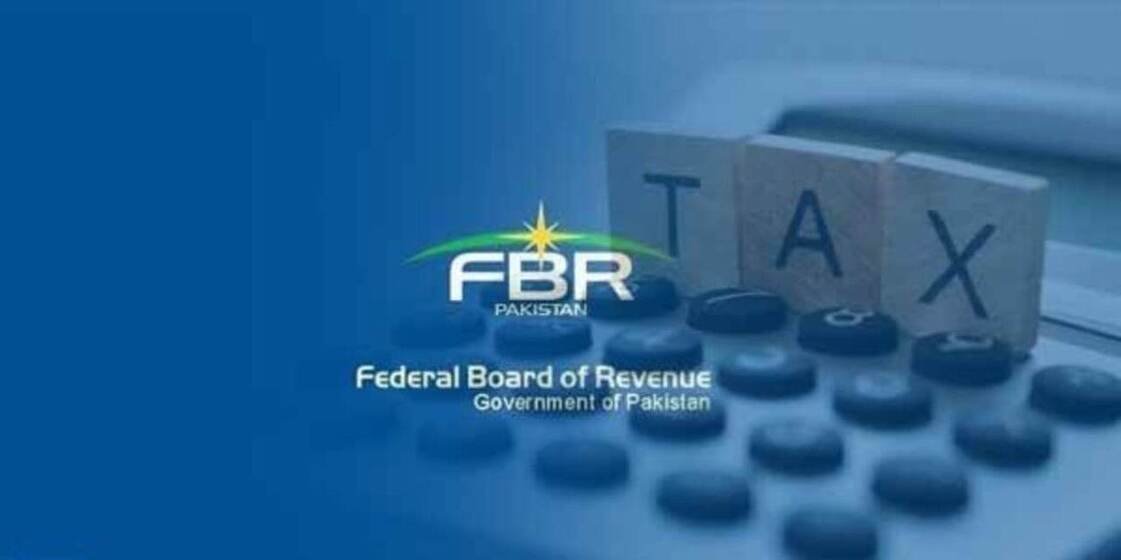The Islamabad High Court (IHC) has barred the Federal Board of Revenue (FBR) from taking any coercive action against owners of residential houses in Islamabad for the recovery of Capital Value Tax (CVT). The court issued notices to the Federation, including the Attorney General of Pakistan, and the FBR, while directing that no coercive measures be taken against the petitioners regarding the disputed tax.
Legal Challenge to CVT
The petitioners have challenged the legality and constitutionality of Section 12 of the Finance Act, 2024, which introduced amendments to Section 8 of the Finance Act, 2022. These amendments imposed a CVT on farmhouses measuring at least 2,000 square yards and residential houses measuring at least 1,000 square yards. The tax is calculated based on the size of the property, with varying rates prescribed according to property size.
The petitioners argue that this “Impugned Levy” violates Articles 23, 24, and 25 of the Constitution, as well as Entry No. 50 of Part-I of the Federal Legislative List in the Fourth Schedule to the Constitution. They claim the levy is effectively a tax on immovable property disguised as a CVT, which the federal government is not constitutionally empowered to impose.
Nature of the Dispute
According to the petitioners, the CVT traditionally applies to economic activities, such as the sale or purchase of assets, where the liability rests with the purchaser. However, the Impugned Levy is not linked to any economic activity or the actual value of the identified assets. Instead, it is based solely on the size of the property, making it inconsistent with the nature of a Capital Value Tax.
The petitioners further argue that the 18th Amendment to the Constitution removed the federal government’s authority to impose taxes on immovable property, as specified in the amendment to Entry No. 50 of the Federal Legislative List.
Court Proceedings
The IHC has decided to hear this petition alongside Petition No. 2641 of 2024 to ensure consistency in the proceedings. Notices have been issued to the respondents, including the Attorney General for Pakistan, to address the constitutional and legal questions raised by the petitioners.
The petitioners contend that the Impugned Levy violates constitutional protections for property rights and equality, as outlined in Articles 23, 24, and 25 of the Constitution. They also argue that the tax framework deviates from the established principles of CVT, which is typically tied to economic transactions rather than property size.
Implications
The IHC’s decision to restrain the FBR from taking coercive action provides temporary relief to property owners in Islamabad. The case raises significant constitutional questions about the federal government’s authority to impose taxes on immovable property and could have far-reaching implications for tax policy and property rights in Pakistan.










